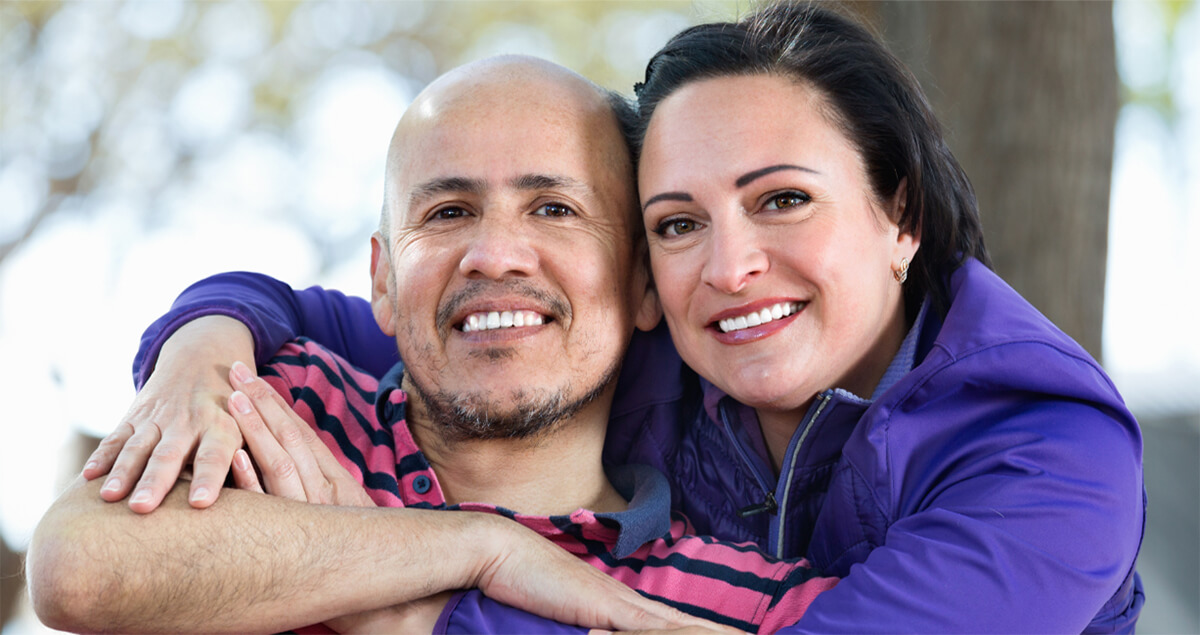Colorectal Cancer Screenings Now Start at Age 45
December 21, 2020
Categories: Health Conditions, Colorectal Cancer
If you thought colonoscopies were recommended only for people 50 and over, those recommendations recently changed. New guidelines from the U.S. Preventive Services Task Force now recommend that men and women should start getting screenings for colorectal cancer at age 45. The new recommendation reflects similar recommendations made by the American Cancer Society in 2018.
Matthew Skancke, MD, is a colorectal surgeon who recently joined Holy Cross Health Partners in treating patients in the colorectal cancer program. He recommends talking to your doctor about getting a colonoscopy if you’re in the new age group.
Why the Change to Colonoscopy Recommendations?
You may be wondering why the recommendation for colonoscopies moved up five years. Dr. Skancke says doctors are seeing more people with colorectal cancer who are younger.
Colorectal cancer is most frequently diagnosed in people ages 65 to 74 years, but an estimated 10.5 percent of new cases are being seen in people under 50, according to the Task Force.
“The hope is that by decreasing the age from 50 to 45, we’re able to catch more cancers before they become invasive or at an earlier stage when they’re still operative,” he says.
Concerned About Getting a Colonoscopy?
Some patients may be frightened or nervous about getting a colonoscopy. During the procedure, doctors insert a long, flexible tube into the rectum and use a camera to view the inner lining of the colon and rectum. To prepare for the test, patients are asked to clean out their colon using a strong laxative.
Dr. Skancke says that fear often arises because people don’t like talking about poop or their colon, or they may think that having a scope placed in their rectum is a taboo event. He promises that’s not the case.
If you’re anxious about the procedure, Dr. Skancke recommends coming and talking to him. “I’m happy to spend as long as you need going over every aspect of the colonoscopy to make you comfortable with some kind of care plan that will adequately screen your colon.”
The procedure may be inconvenient, but it is far superior to having colorectal cancer. “It is in your best interest to make sure that you don't have anything that could potentially be addressed at an early stage and does not become life-threatening,” Dr. Skancke says.
Get Screened for Colorectal Cancer
Holy Cross Health offers a comprehensive cancer-screening program. Learn more about colorectal cancer screening, diagnosis, and treatment options.
Our hospitals are affiliated with more than 1,500 physicians who can review your health care risks and talk with you about cancer screenings.
Resources
Holy Cross Health presents the information in this blog as a resource for our community. It is not intended to replace professional medical advice or to endorse any particular entity or service. Personal health problems should be brought to the attention of the appropriate health professionals.

